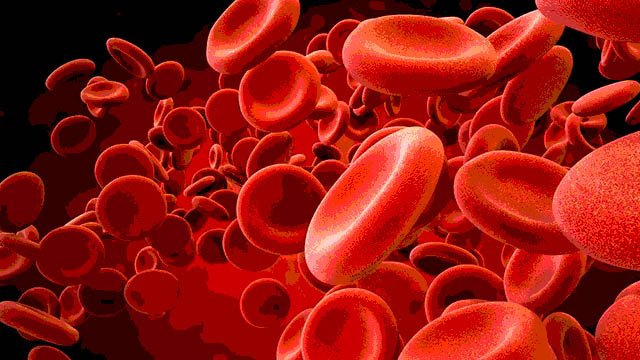Surprise, surprise! Turns out…our very own Environmental Protection Agency has once again fallen short of its name. Seems that this governmental body has not been protecting our health when it comes to the widespread use of Bt toxins in domestic agricultural crops. These toxin-producing genes—first engineered from naturally-occurring soil bacteria—are inserted into the DNA of plants for the purpose of pest control. Presuming that genetically modified Bt was safe for mammals—a claim never backed up by hard science—the EPA pushed through regulatory approvals for Bt crops back in 1996. It is now ubiquitous in the U.S. food supply, the environment, and the bodies of most people and animals who eat.
However, disturbing results of a new research study were recently published in the Journal of Hematology and Thromboembolic Diseases. A group of scientists from the Institute of Biological Sciences’ Department of Genetics and Morphology, University of Brasilia, decided to test the unproven assumption of the biosafety of genetically modified foods. The emphasis of this research was to focus on examining the role that Bt toxin plays on the health of non-insect animal species, particularly mammals.
The conclusion? These supposedly innocent Bt bacteria proteins did significant toxicological harm to the subject mice in the experiment, causing their red blood cells to rupture. In various doses and combinations, the Bt toxin was capable of targeting mammalian cells, specifically affecting red blood cells and bone marrow, and causing a spectrum of significant damage. Accordingly, the Bt toxin biopesticides were revealed to have “leukemogenic” properties, in that they contributed to blood abnormalities, including anemia and blood cancers such as leukemia. Harmful effects were found to increase with long-term exposure (as occurs when ingested through diet or exposure to farmland). The scientists suggested that further research be done to clarify risks to other mammals. However, such research has already been published in the Journal of Applied Toxicology, which found Bt to be decidedly toxic to human cells. So the question becomes: Just who is the EPA protecting?
If you dare read more, click here for the full study or read the following article, which focuses on Bt-induced blood disorders such as leukemia.


